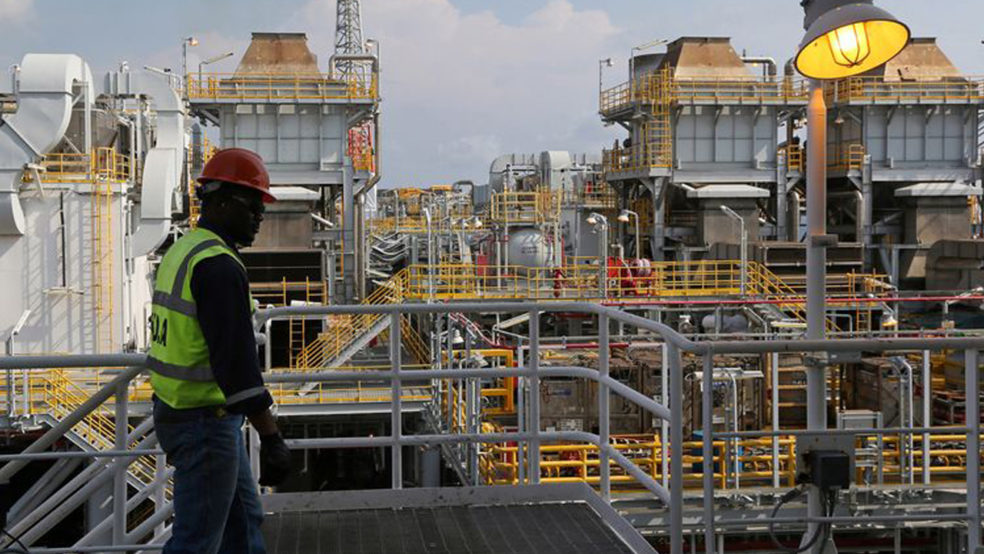International Oil Companies (IOCs) and their indigenous counterparts operating in Nigeria posted cumulated earnings of over $17.125 billion in the first half (H1) of 2017.
This is therefore a significant reversal compared with the losses experienced by these companies as a result of low crude oil prices, which reduced their earnings by over 80 per cent a year ago.
For instance, ExxonMobil Corporation earnings of $7.4 billion (N2.257 trillion) increased by 110 per cent in H1 from $3.5 billion in second quarter (Q2) 2016.
The company announced estimated Q2 2017 earnings of $3.4 billion or $0.78 per diluted share, compared with $1.7 billion a year earlier, as oil and gas realisations increased and refining margins improved.
Also, Chevron Corporation reported earnings of $1.5 billion (N457.4 billion) for Q2 2017, compared with a loss of $1.5 billion in Q2 2016.
Included in the quarter were impairments and other non-cash charges totalling $430 million, partially offset by gains on asset sales of $160 million. Royal Dutch Shell Plc H1 recorded earnings was $7.36 billion (N2.244 trillion), up from $2.6 billion in H1 2016.
On the home front, Oando Plc, Nigeria’s indigenous energy group listed on both the Nigerian and Johannesburg Stock Exchange, revenue increased from N111.207 billion in H1 2016 to N233.544 billion ($765.718 million) in 2017.
A comparative review of Oando’s financials further showed positive performance across all financial indices, as turnover increased by 26 per cent to N267.1 billion from N212.3 billion. Gross profit increased by 76 per cent to N33.4 billion from N19 billion, net finance costs more than halved to N16.4 billion from N35.3 billion, while profit-after-tax increased by 117 per cent to N4.6 billion from a loss of N26.9 billion in H1 2016.
However, Seplat Petroleum Development Plc H1 report showed that its revenue declined from $153 million to $132 million (N40.2 billion), representing a 14 per cent loss over last year performance.
The Group loss after tax for H1 2017 was $28 million (₦8 billion), compared to a loss of $61 million (₦13 billion) same period in 2016.
The company attributed the drop in revenue to the suspension of exports at the Forcados terminal, and consequent lower oil sales together with lower oil prices in the period offset the year-on-year increase in gas production rates and step-up in gas revenues.
Speaking on the performance, ExxonMobil’s Chairman and Chief Executive Officer, Darren W. Woods, said: “These solid results across our businesses were driven by higher commodity prices and a continued focus on operations and business fundamentals. Our job is to grow long – term value by investing in our integrated.”
COPYRIGHT THEGUARDIAN

